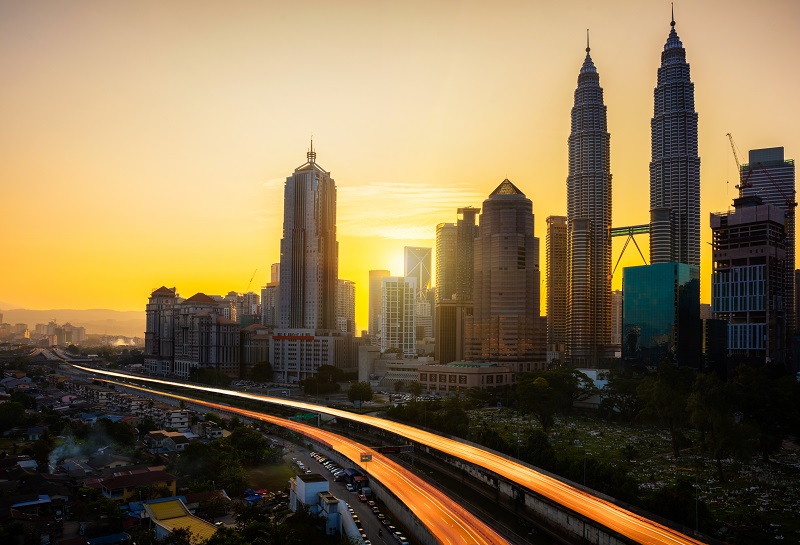Cities decline if not planned holistically and diversified in a proactive manner - Arup
By Tharmini Kenas tharmini@thestar.com.my
The disruption of digital technology has brought a new wave of changes to communities, towns and cities. How are we going to manoeuvre through massive traffic jams that we have now gotten used to for many years to come? These traffic jams are not going to subside; they are going to get bigger and longer.
How are we going to make the city green again? How are we going to make the air clean again? How are we going to dwell in a city like KL without constantly feeling trapped, unhealthy and suffocated?

How are we going to dwell in a city like KL without constantly feeling trapped, unhealthy and suffocated?
According to the experts at Arup, the leading global engineering and design firm, at a recently held media briefing on Rethinking Cities: Unlocking The Promise Of Digital, an innovative approach is needed to every aspect of city development and improvement.
Innovative approach brings together technical expertise, new funding and policy instruments, backed by research into the relevant socio-economic trends of the city.
To thrive as a liveable, sustainable and competitive city, a city needs to organise inter-connected city data and exploit the power of digital technology to create new forms of value.
A successful city takes into account factors such as city resilience, climate-ready cities, city life, city growth, city regeneration, host cities, city operations, and digital cities.

From left: Arup Malaysia principal and Arup Australasia region board member Tong Veng Wye and Arup director and group board member Fergal Whyte
According to Arup director and group board member Fergal Whyte, most cities have yet to realise the enormous potential value from fully-integrated, strategically-designed smart city development programmes.
“Digital technology allows cities to open up new value chains, spawn innovative applications and information products that make sustainable modes of city living and working possible. Infrastructure and public data would enable cities to optimise operations, engage with citizens to co-create better places and conserve resources.
“With Arup’s CityModelling, a design tool developed to create a virtual model of the whole city area, helps us understand issues such as traffic congestion and flood areas, and visualise the future built environment,” Whyte said.
Meanwhile, Arup Malaysia principal and Arup Australasia region board member Tong Veng Wye said, “Holistic solutions are clearly needed, while important enablers such as the role of transport and digitalisation; education and digital lifestyles; city investments and renewable energy; smart infrastructure and the circular economy, guided by the United Nations Sustainable Development Goals and the like, would be addressed”.














































